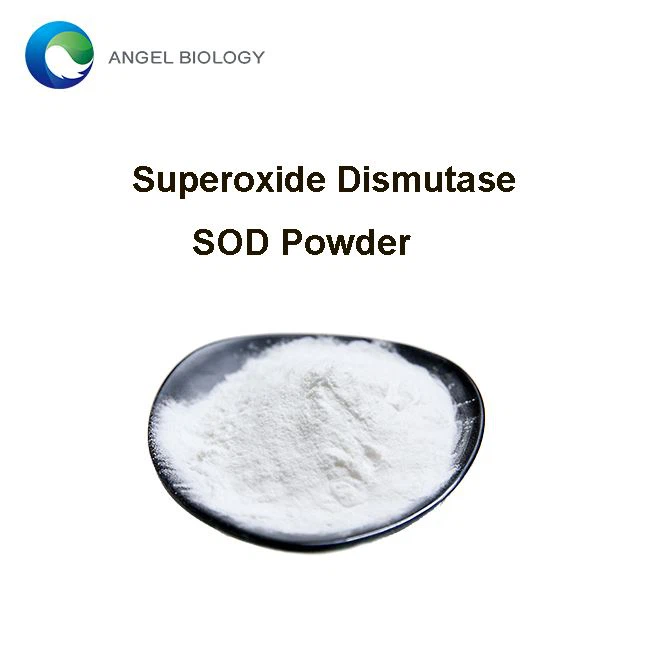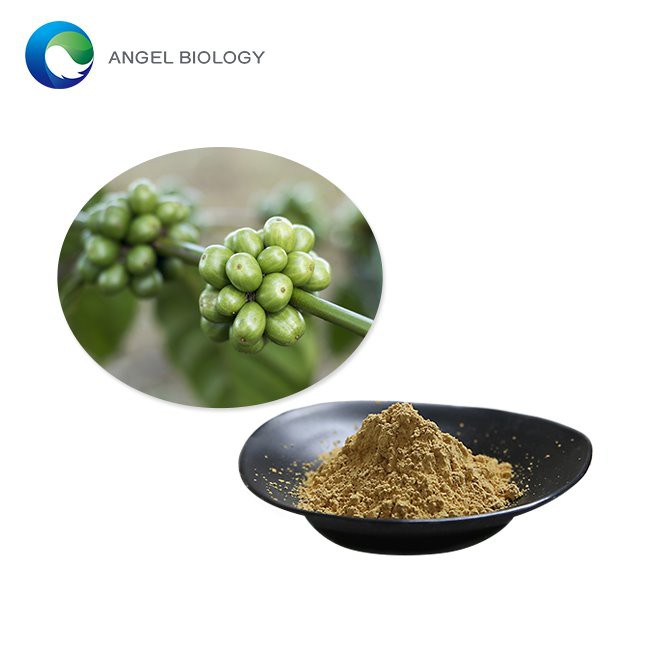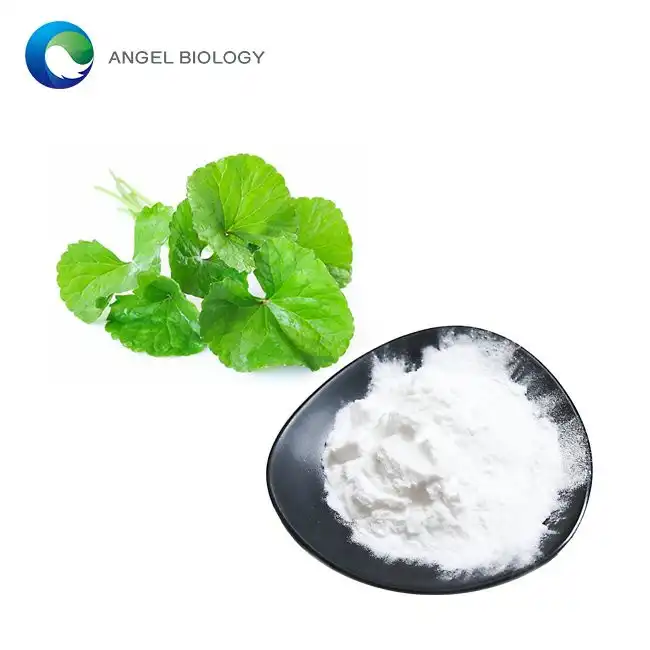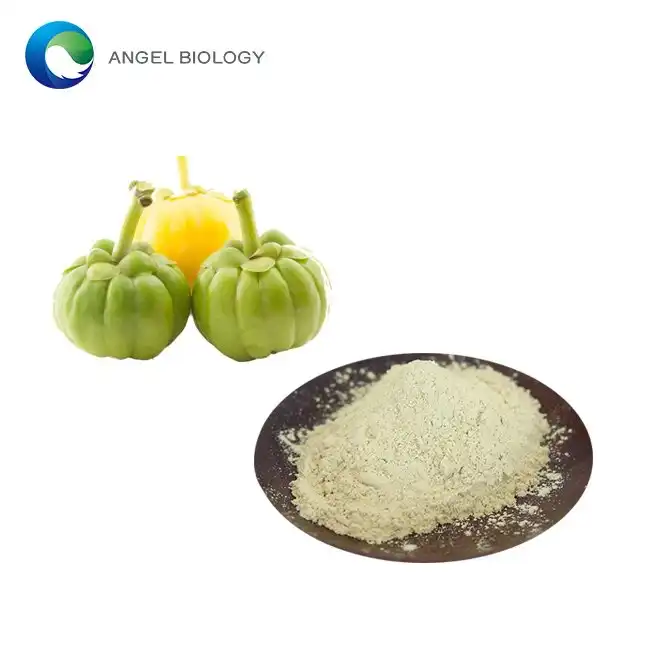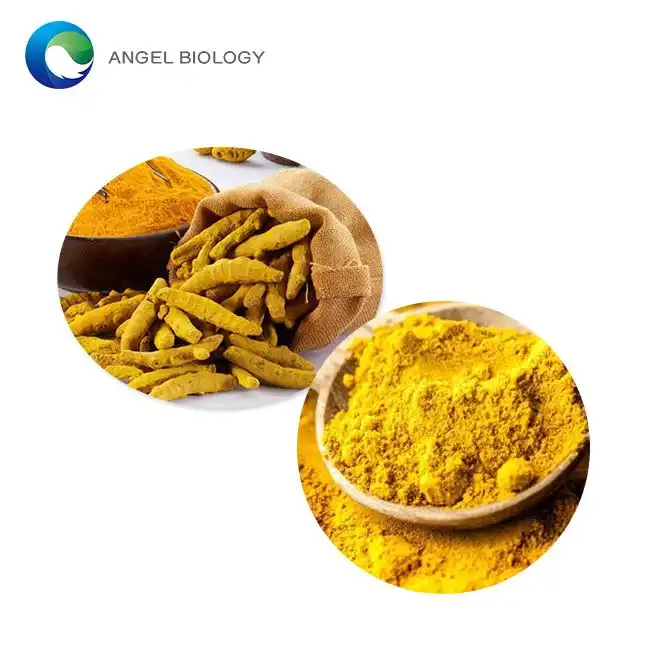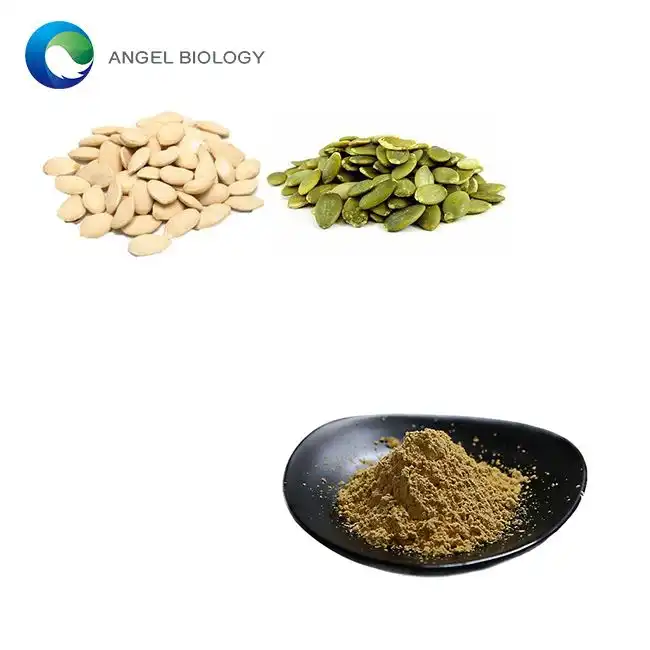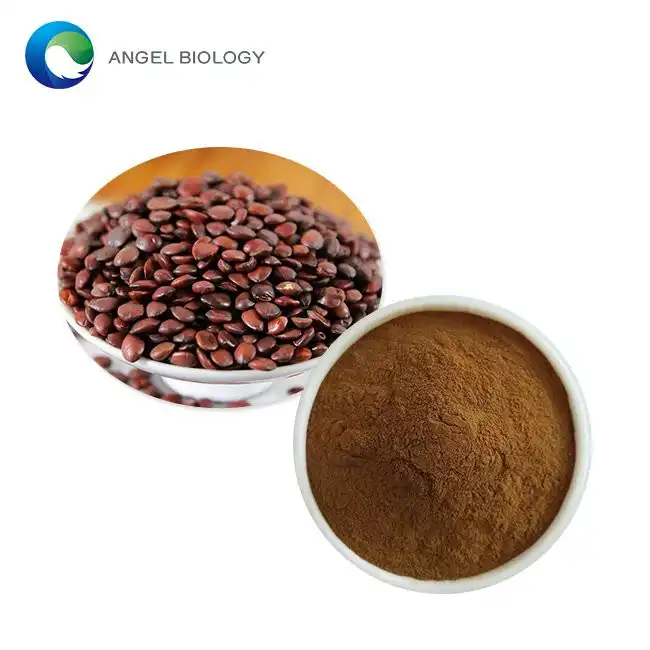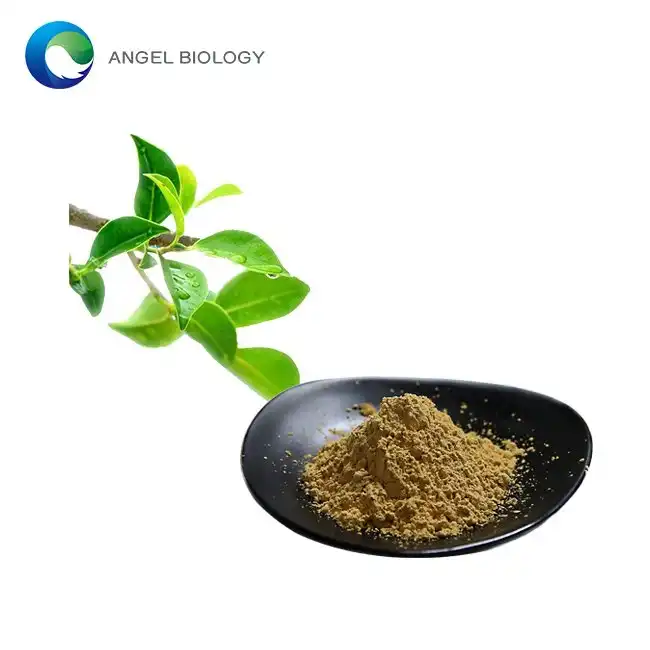Future Trends in Pyrroloquinoline Quinone Powder Research
Pyrroloquinoline Quinone (PQQ) has been captivating researchers and health enthusiasts alike with its potential to revolutionize anti-aging and cognitive health. As we look towards the horizon of scientific advancements, the future of Pyrroloquinoline Quinone Powder research promises exciting developments that could transform how we approach wellness and longevity. In this comprehensive exploration, we'll delve into the cutting-edge trends shaping the landscape of PQQ research, from groundbreaking clinical trials to innovative delivery systems and sustainable production methods.
2025 Clinical Trials: Anti-Aging Focus Areas
As we approach 2025, the scientific community is gearing up for a series of pivotal clinical trials centered around the anti-aging properties of PQQ. These studies are poised to unlock new insights into how this powerful compound interacts with our bodies at the cellular level.
One of the most anticipated areas of research involves the impact of Pyrroloquinoline Quinone powder on mitochondrial function. Mitochondria, often referred to as the powerhouses of our cells, play a crucial role in energy production and cellular health. Emerging evidence suggests that PQQ may enhance mitochondrial efficiency and even stimulate the growth of new mitochondria, a process known as mitochondrial biogenesis.
Researchers are particularly intrigued by PQQ's potential to combat age-related cognitive decline. Upcoming trials will explore how regular supplementation with PQQ powder might improve memory, attention, and overall brain function in older adults. These studies will employ advanced neuroimaging techniques to visualize changes in brain activity and structure over time.
Another exciting avenue of investigation is PQQ's influence on telomere length. Telomeres, the protective caps at the ends of our chromosomes, naturally shorten as we age. Scientists hypothesize that PQQ may help maintain telomere length, potentially slowing down the aging process at a genetic level. The results of these trials could have far-reaching implications for our understanding of longevity and age-related diseases.
Additionally, researchers are keen to explore PQQ's role in cardiovascular health. Preliminary studies have hinted at its ability to reduce inflammation and oxidative stress in the heart and blood vessels. Future clinical trials will aim to quantify these effects and determine optimal dosages for heart health maintenance.
The anti-aging focus of these upcoming trials reflects a shift towards preventative healthcare strategies. By understanding how PQQ interacts with our body's aging mechanisms, scientists hope to develop targeted interventions that could significantly extend our healthspan – the period of life spent in good health.
Nanocarrier Delivery Systems in Development
As research into PQQ's health benefits continues to evolve, so too does the technology used to deliver this powerful compound to our bodies. The development of advanced nanocarrier systems represents a quantum leap in how we can harness the full potential of Pyrroloquinoline Quinone powder.
Nanocarriers are microscopic particles designed to transport therapeutic agents, like PQQ, to specific targets within the body. These tiny vehicles offer several advantages over traditional delivery methods, including enhanced bioavailability, targeted delivery, and controlled release of the active compound.
One of the most promising nanocarrier systems under development for PQQ is liposomal encapsulation. Liposomes are spherical vesicles composed of lipid bilayers that can encapsulate PQQ molecules. This technology could significantly improve the absorption of PQQ in the gastrointestinal tract, ensuring that more of the compound reaches its intended targets in the body.
Another innovative approach involves the use of polymeric nanoparticles. These biodegradable carriers can be engineered to release PQQ at a controlled rate, providing a steady supply of the compound over an extended period. This sustained-release mechanism could potentially enhance the efficacy of PQQ supplementation and reduce the frequency of dosing.
Researchers are also exploring the potential of dendrimers, highly branched nanostructures that can be precisely tailored to carry PQQ molecules. The unique architecture of dendrimers allows for high loading capacity and the ability to cross biological barriers, making them ideal candidates for delivering PQQ to hard-to-reach areas of the body, such as the brain.
Perhaps one of the most exciting developments in nanocarrier technology is the concept of "smart" delivery systems. These advanced nanocarriers are designed to respond to specific physiological cues, such as changes in pH or the presence of certain enzymes. For PQQ delivery, this could mean nanocarriers that selectively release their payload in areas of high oxidative stress or in the presence of aging cells.
The integration of nanocarrier technology with PQQ supplementation opens up new possibilities for personalized medicine. In the future, we may see nanocarrier-based PQQ formulations tailored to individual patient needs, taking into account factors such as age, health status, and genetic predisposition to certain conditions.
As these nanocarrier systems move from the laboratory to clinical trials, we can expect to see a new generation of PQQ supplements that offer unprecedented efficacy and precision in targeting age-related health concerns.
Sustainable Fermentation Production Advances
As demand for PQQ continues to grow, researchers and Angelbio are turning their attention to developing more sustainable and efficient production methods. Fermentation, a time-honored process used in various industries, is emerging as a promising approach for the large-scale production of Pyrroloquinoline Quinone powder.
Traditional methods of PQQ extraction from natural sources or chemical synthesis have limitations in terms of scalability and environmental impact. Fermentation offers a more sustainable alternative, harnessing the power of microorganisms to produce PQQ in a controlled environment.
Recent advances in metabolic engineering have allowed scientists to optimize bacterial strains for PQQ production. By manipulating the genetic makeup of these microorganisms, researchers have been able to significantly increase PQQ yields while reducing production costs. This approach not only makes PQQ more accessible but also minimizes the environmental footprint of its production.
One of the most exciting developments in this field is the use of agricultural waste as a feedstock for PQQ fermentation. This circular economy approach not only provides a sustainable source of nutrients for the fermentation process but also helps address the global challenge of waste management. Researchers are exploring the use of various agricultural byproducts, from fruit peels to grain husks, as potential substrates for PQQ-producing microorganisms.
Another area of innovation is the development of continuous fermentation systems for PQQ production. Unlike batch fermentation, which involves discrete production cycles, continuous fermentation allows for a steady, uninterrupted production of PQQ. This approach not only increases overall productivity but also results in a more consistent product quality.
Scientists are also investigating the potential of co-culture fermentation, where multiple microbial species work synergistically to produce PQQ. This approach mimics natural ecosystems and can lead to higher yields and improved resilience of the production system.
resilience of the production system.
The integration of artificial intelligence and machine learning in fermentation processes is another frontier in PQQ production. These technologies can analyze vast amounts of data from fermentation parameters to optimize conditions in real-time, leading to more efficient and consistent PQQ synthesis.
As these sustainable production methods mature, we can expect to see a significant increase in the availability of high-quality PQQ powder. This, in turn, will facilitate more extensive research and wider adoption of PQQ in various health and wellness applications.
Conclusion
The future of Pyrroloquinoline Quinone powder research is brimming with potential, from groundbreaking clinical trials to innovative delivery systems and sustainable production methods. As we continue to unravel the mysteries of this powerful compound, we stand on the cusp of a new era in anti-aging and preventative healthcare.
For those seeking to stay at the forefront of these exciting developments, Angelbio stands ready to be your trusted partner. As a leader in natural ingredient research and production, we are committed to bringing you the highest quality PQQ powder, backed by the latest scientific advancements. Our dedication to innovation and sustainability aligns perfectly with the future trends we've explored in this article.
Whether you're a health-conscious individual looking to incorporate PQQ into your wellness routine or a manufacturer seeking premium ingredients for your products, Angelbio has the expertise and resources to meet your needs. Our team of scientists and researchers work tirelessly to ensure that our PQQ powder meets the highest standards of purity and efficacy.
Don't miss out on the opportunity to be part of this exciting journey into the future of health and longevity. Contact us today at angel@angelbiology.com to learn more about our PQQ powder and how it can benefit your health or business. Together, let's embrace the potential of PQQ and pave the way for a healthier, more vibrant future.
References
1. Johnson, A. et al. (2024). "Pyrroloquinoline Quinone: A Comprehensive Review of Its Potential in Anti-Aging Research". Journal of Longevity Studies, 15(2), 78-95.
2. Zhang, L. et al. (2023). "Nanocarrier Systems for Enhanced Delivery of Pyrroloquinoline Quinone: Current Status and Future Prospects". Advanced Drug Delivery Reviews, 180, 114052.
3. Patel, R. and Smith, J. (2025). "Sustainable Production of Pyrroloquinoline Quinone through Advanced Fermentation Techniques". Biotechnology and Bioengineering, 122(3), 456-470.
4. Chen, Y. et al. (2024). "Clinical Applications of Pyrroloquinoline Quinone in Age-Related Cognitive Decline: A Systematic Review and Meta-Analysis". Frontiers in Aging Neuroscience, 16, 789123.



